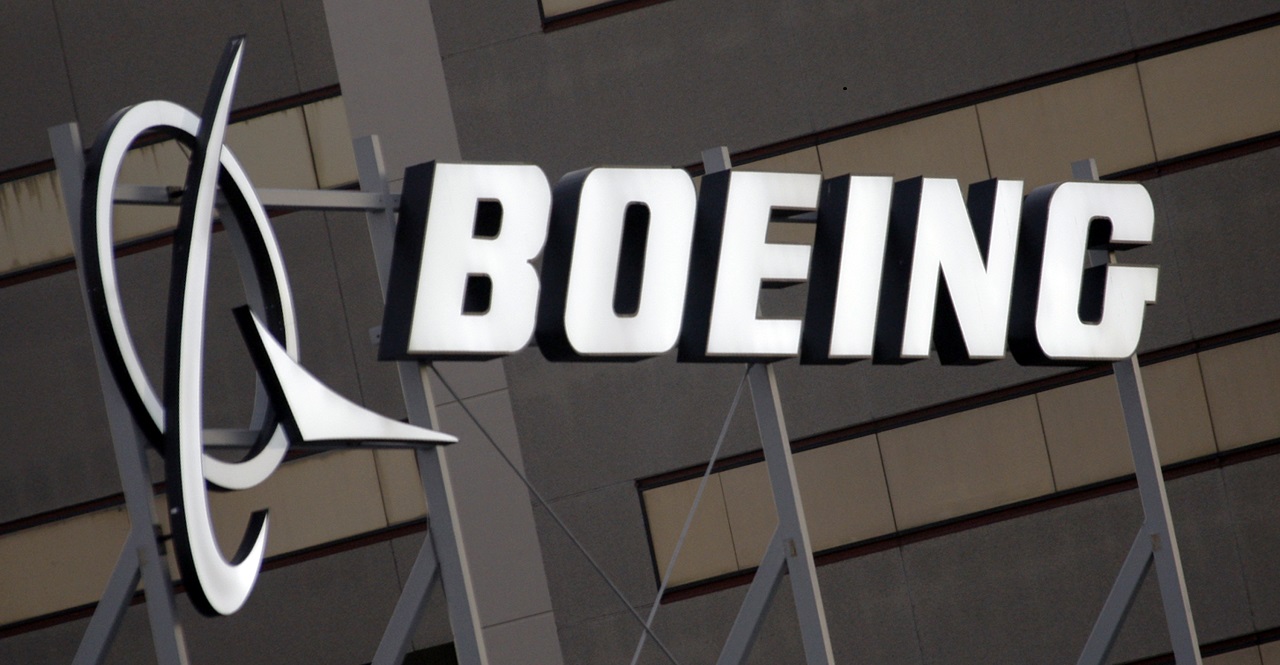Boeing to delay 777X again as it posts record annual loss
Boeing said it now expects the 777X to enter service by late 2023
Boeing Co took a hefty $6.5 billion charge on its all-new 777X jetliner as it posted a record annual loss on Wednesday due to the coronavirus pandemic and the aftermath of a two-year safety crisis over its 737 MAX.
The coronavirus crisis has exacerbated a drop in demand for the industry's largest jetliners, with airline customers shunning deliveries of planes due to international travel restrictions, hurting cash flow at the U.S. planemaker.
Boeing said it now expects the 777X, a larger version of the 777 mini-jumbo, to enter service by late 2023, delaying the jet's entry for the third time, due to tougher certification requirements after the 737 MAX safety crisis and plummeting demand.
The company has been developing the widebody jet with the goal of releasing it in 2022, already two years later than planned.
"2020 was a year of profound societal and global disruption which significantly constrained our industry," Boeing Chief Executive Dave Calhoun said in a statement accompanying results.
| Ticker | Security | Last | Change | Change % |
|---|---|---|---|---|
| BA | THE BOEING CO. | 243.03 | +6.08 | +2.57% |
Boeing shares fell 4.5% in premarket trading to a more than two-month low of $193.
A historic slump in air travel and expanded inspections over production defects halted deliveries of dozens of 787s to airlines, cutting off a key source of cash just as Boeing works to clear an inventory of about 450 737 MAX jets.
The smaller plane was grounded for 20 months after two crashes killed 346 people just five months apart.
GAMESTOP STOCK DOUBLES AGAIN WITH NO LET-UP IN AMATEUR INTEREST
Boeing said it expects to resume handing over 787s to customers at some point in 2021, though deliveries were not expected to recover to 2019 levels until at least 2024, according to analysts.
Boeing reaffirmed plans to hit a sharply-reduced production rate of 5 787s per month in March, when it will consolidate production at its South Carolina factory, a decision first reported by Reuters.
Boeing, which has delivered some 40 737 MAXs from its stored inventory, is also sticking with plans to reach a production rate of 31 737 jets per month by the beginning of 2022, though at least one analyst expects that to slip to early 2023.
The European Union Aviation Safety Agency (EASA) lifted its own 22-month 737 MAX flight ban on Wednesday, following a move by U.S. counterparts in November and Brazil and Canada afterward.
China, which was first to ban the plane after the second crash in March 2019 and which represents a quarter of MAX sales, has not said when it will act.
Demand from China has been curbed, too, by years of trade tensions between Washington and Beijing, though industry sources have expressed cautious hope for a revived deal with U.S. President Joe Biden in office, following a pattern of government-brokered Chinese jet orders coinciding with transfers of power or diplomatic resets.
But they cautioned that demand remains thin despite Chinese traffic rebounding more quickly than elsewhere.
Boeing unveiled $8.3 billion in operating charges on Wednesday, including a $468 million charge for abnormal 737 production costs, $275 million over KC-46 aerial refueling tanker production issues, and $744 million linked to its 737 MAX settlement with the U.S. Department of Justice over a fraud conspiracy charge.
CLICK HERE TO READ MORE ON FOX BUSINESS
The company's net loss rose to $8.44 billion in the fourth quarter ended Dec. 31, from $1.01 billion a year earlier, taking its full-year loss to a record $11.94 billion.
Revenue fell 15% to $15.30 billion in the quarter.
(Reporting by Eric M. Johnson in Seattle and Ankit Ajmera in Bengaluru; Editing by Saumyadeb Chakrabarty and Nick Zieminski)




















